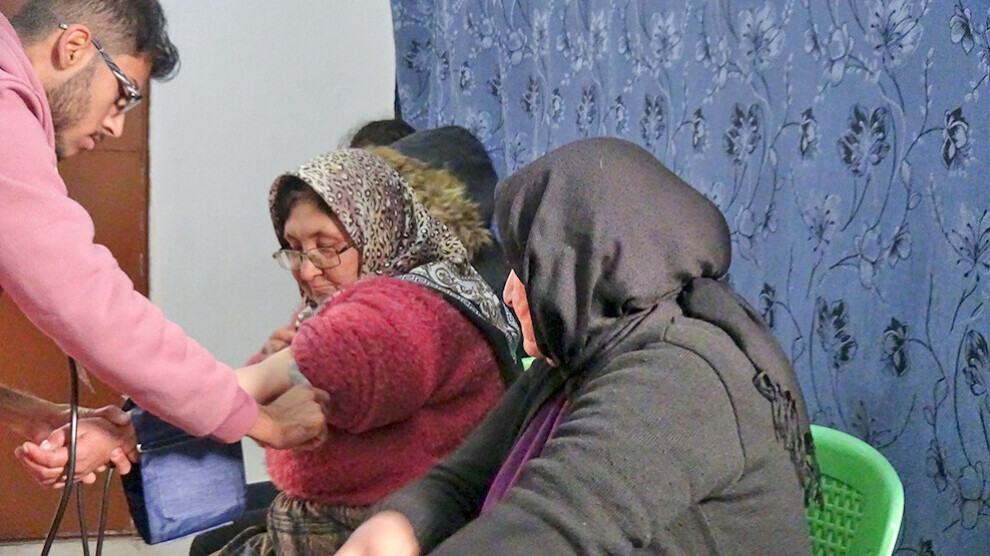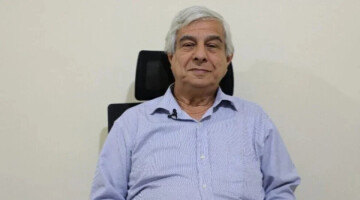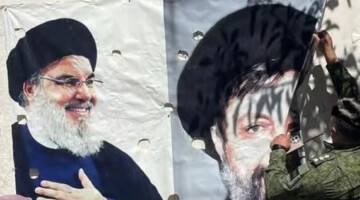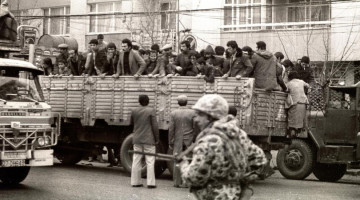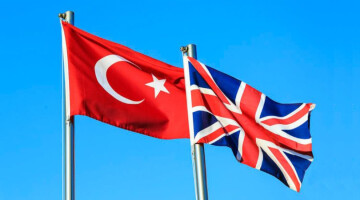The self-administered territories in northern and eastern Syria are home to over one million IDPs. Many of them are internally displaced persons, like the 400,000 people who had to leave the canton of Afrin after the Turkish invasion in 2018.
EMBARGO FROM ALL SIDES
The region is under a heavy embargo. The autonomous areas in northern and eastern Syria practically no longer receive any aid, as the Sêmalka border crossing near Dêrîk is controlled by the KDP, the ruling party in southern Kurdistan (northern Iraq), which collaborates closely with Turkey. The Til Koçer (Al-Yarubiyah) border crossing, which is controlled by the Iraqi army further south, was also closed in 2018 by decision of the UN Security Council after Russia pushed for it. The closure was reconfirmed in 2020. The closure of this border crossing means that UN aid deliveries from Iraq are no longer possible and the Syrian regime is blocking aid deliveries via Damascus. Russia's aim was that aid deliveries to the region should only come via Damascus and thus provide the Assad regime with a further means of exerting pressure against the autonomous administration. The Assad regime is making good use of this tool and is blocking practically all humanitarian aid to northern and eastern Syria. This puts particular pressure on the Shehba region, which has about 90,000 original inhabitants and an additional 400,000 IDPs.
In order to still be able to care for the people, the Kurdish Red Crescent Heyva Sor a Kurd has reached health tents in the refugee camps, and Heyva Sor a Kurd health centres have also been set up in the villages that are far away from the Avrîn hospital that serves the region.
At the moment there are seven centres, one in Berxwedan camp, one in Serdem camp, in the towns of Ehdas and Tel Rifat, as well as in Ehrez, Birc Qas and Ziyaret.
THE EMBARGO HITS CHILDREN AND THE ELDERLY PARTICULARLY HARD
Due to the embargo by the Assad regime, supplies of certain medicines are running low, and some medicines are already no longer available. In the Heyva Sor a Kurd centres, there is a lack of medicines for inflammation, blood pressure, diabetes and painkillers, which are mainly needed by children and elderly people. The staff of Heyva Sor a Kurd nevertheless care for the people according to their possibilities, control blood pressure and try to compensate for the lack of medication by recommending herbs for the relief of infections.
According to Heyva Sor a Kurd, before the tightening of the embargo, 1,500 people visited the facilities every day. Now the number has even risen to over 2,000.
THE PEOPLE ARE FACING A CATASTROPHE
The ANHA news agency spoke to Heyder Reşîd, the head of the Heyva Sor a Kurd health centre in Berxwedan camp. Reşîd warns of massive problems due to the lack of medical equipment and medication. In particular, children and old people with respiratory diseases and colds are threatened. The health centres have run out of medicine for colds, lung diseases and infections. In addition, vehicles are out of order due to lack of fuel and patients have to walk.

Reşîd appealed to the International Red Cross and the World Health Organisation to lift the embargo on the region and warned that the residents of the canton and the refugees from Afrin would face a "major catastrophe" if the embargo continued.
Rebîhe Mihemed, who lives in Berxwedan camp and comes to the Heyva Sor a Kurd health centre for treatment, stated that children and elderly people get sick because of the lack of diesel fuel, as heating is no longer possible. Despite everything, Heyva Sor a Kurd takes care of the people as best as possible.


